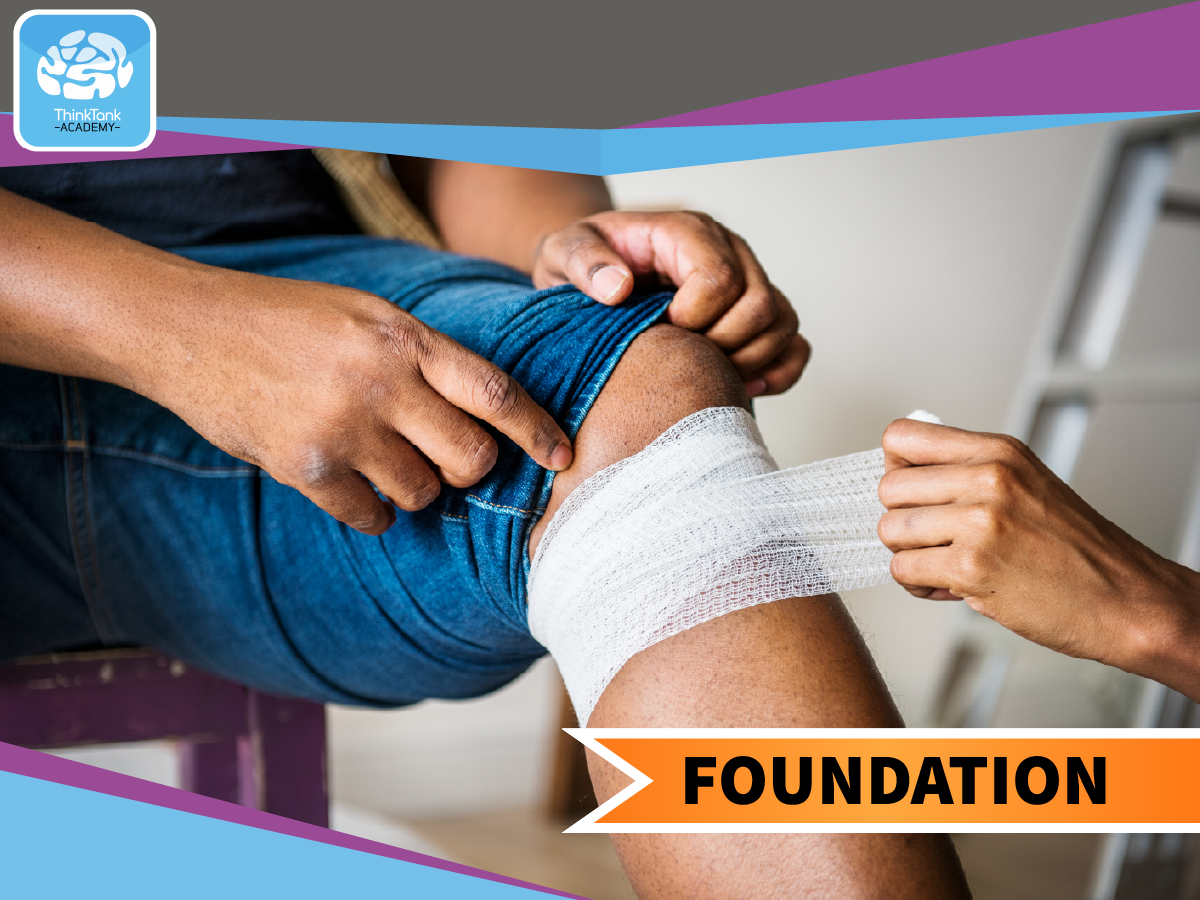
First Aid Awareness - Children's Care - Foundation Level
Course Overview This course introduces basic first aid principles in children’s care, what to do in a variety of emergency situations, how to treat different injuries and where to get help. The programme benefits from narrative scenarios and activities with ongoing assessment making it engaging and interactive. This training session can be accessed via a link and is accessible from a range of devices including IOS and Android platforms. Aims & Objectives Introduce you to the three principles of first aid Explain what a primary survey is Help you recognise the importance of communication Give details of CPR and the recovery position Identify a variety of first aid issues Give information on how to manage different situations Describe the contents of a first aid kit Course Audience This is a cross sector course and will benefit all professional’s, frontline workers and leaders working with children and young people.
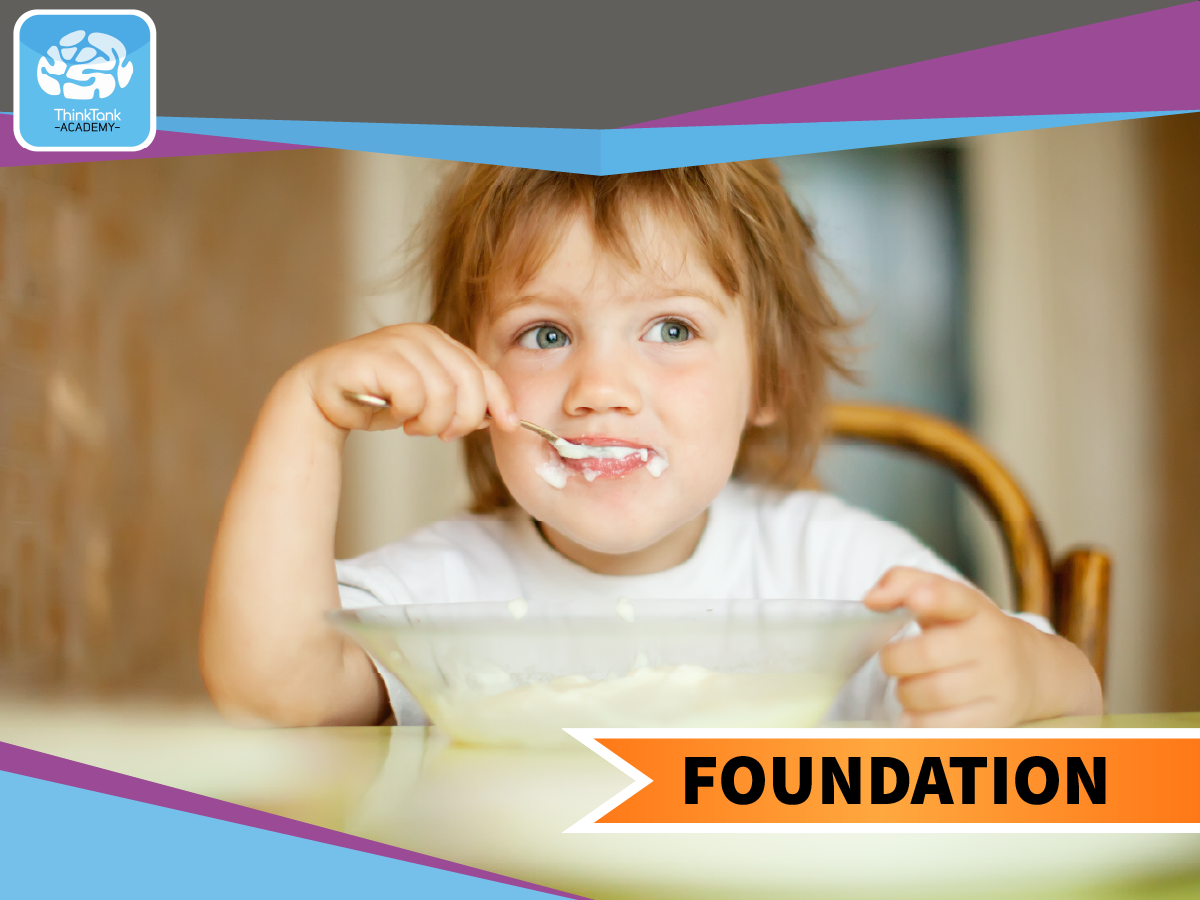


Food Safety Awareness - Children's Care - Foundation Level
Course Overview This course raises awareness of the dangers of food poisoning, storing and preparing food correctly and preventing contamination in children’s care. The programme benefits from narrative scenarios and activities with ongoing assessment making it engaging and interactive. This course can be completed via the website, on PC, laptop etc. For mobile phones it is recommended to use the app for IOS or Android devices. Aims & Objectives Help you to apply good food hygiene practices so that you are able to provide children and young people with food that is safe to eat and won’t make them ill Help you understand what you can do to prevent food poisoning, including the steps you can take Identify ways to maintain cleanliness Describe methods to prevent cross contamination Give you information on storing and heating food at the correct temperature Course Audience Health Care Workers, Social Care Workers, Nursing staff, Day Care/Centre workers, Home Care Staff, Agency staff
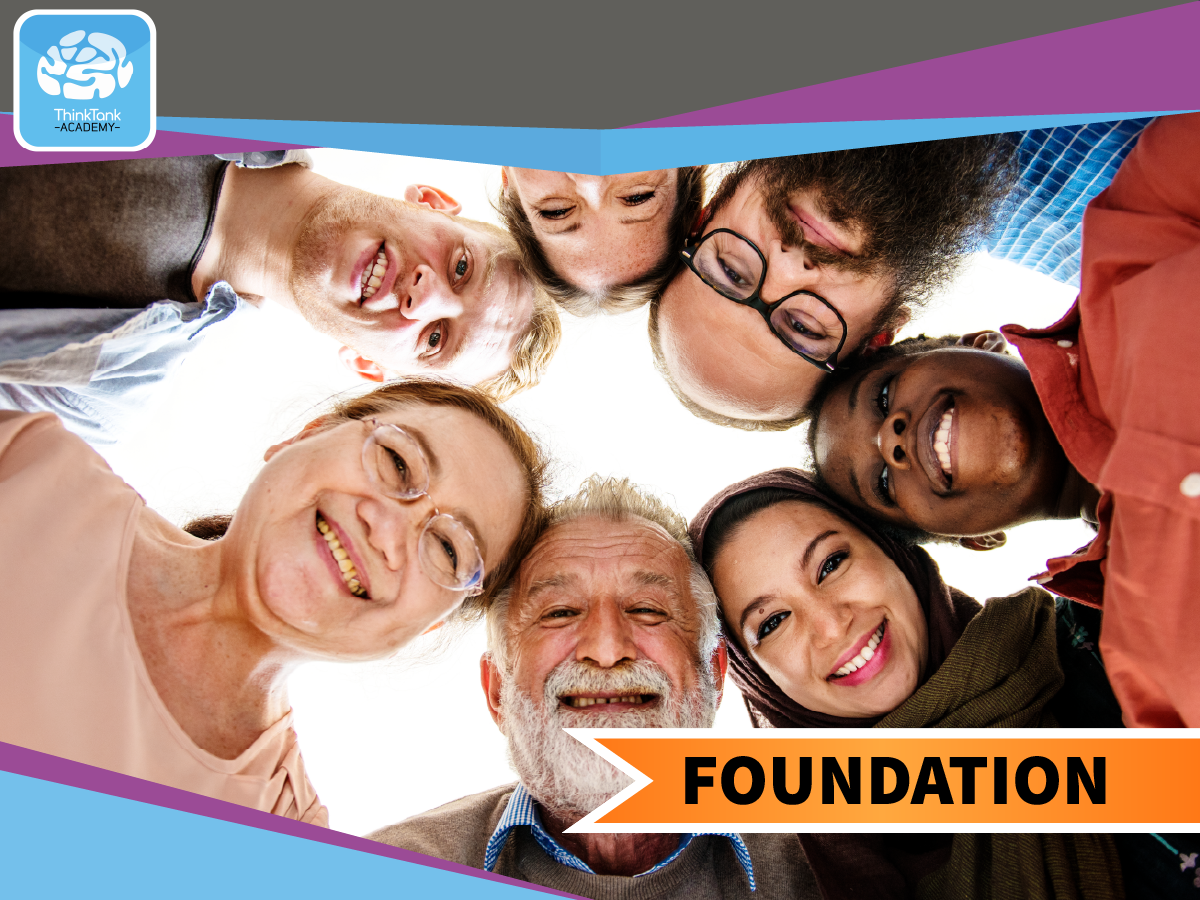


Equality and Diversity - Children's Care - Foundation Level
Course Overview This course raises awareness of discrimination in and out of the workplace. The learner will be supported to understand forms of discrimination and how to respond to different types of discrimination. Advice and practical competency tips will be provided to the learner to help them create an inclusive culture within the workplace and how to promote different diversity needs within the workplace. The programme benefits from narrative scenarios and activities with ongoing assessment making it engaging and interactive. This course can be completed via the website, on PC, laptop etc. For mobile phones it is recommended to use the app for IOS or Android devices. Aims & Objectives Define the terms Equality and Diversity Provide an overview of legislation relating to Equality and Diversity Explain how legislation is implemented in the workplace Provide examples of how Equality and Diversity can be promoted Highlight the importance of dealing with discrimination Understand the importance of prevention Course Audience Health Care Workers, Social Care Workers, Children’s Centre Practitioners, Youth Workers, Education Workers
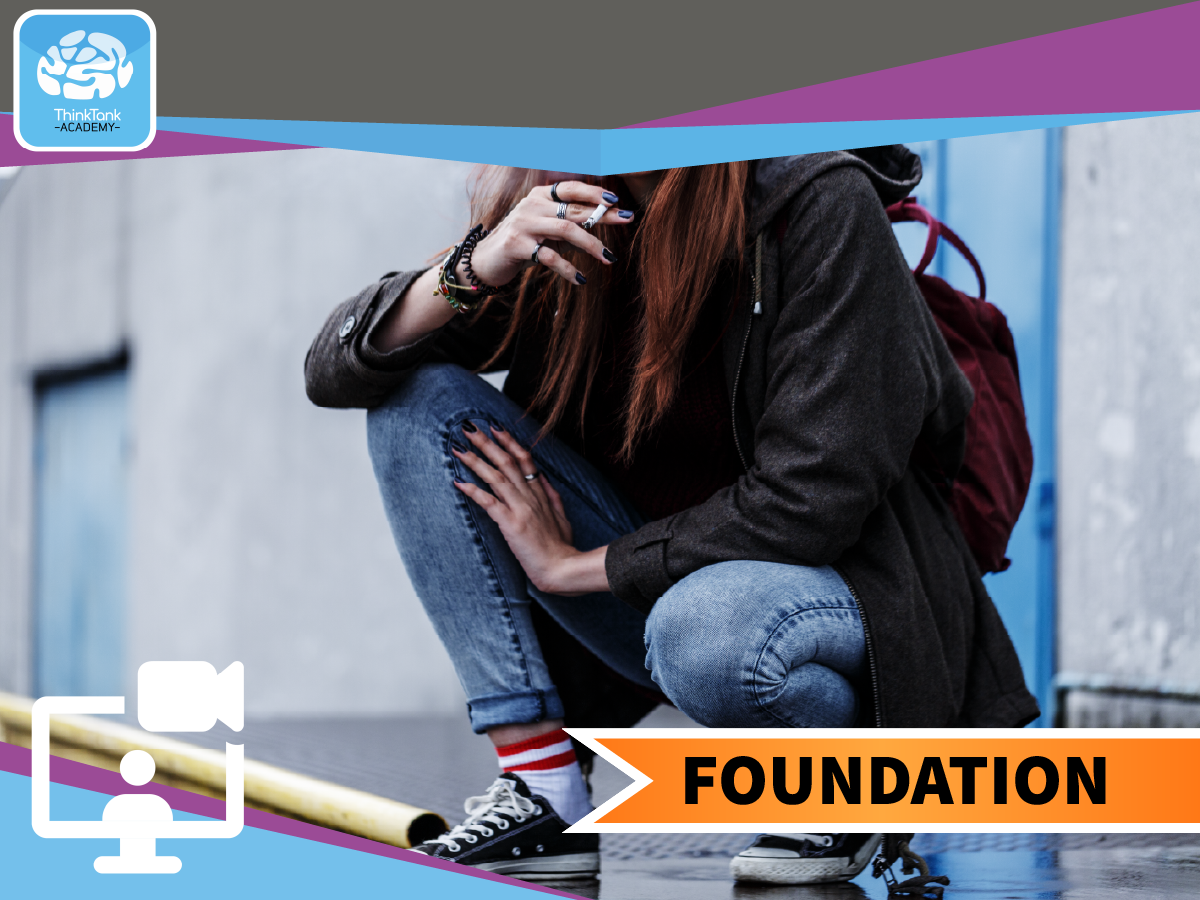


Missing From Care - Children's Care - Foundation Level
Course Overview The course raises awareness of the risk of Children or Young People going missing from care and provides information that the learner can use to help them respond appropriately should a Child or Young Person in their care go missing. It also highlights their important role in prevention. The programme benefits from narrative scenarios and activities with ongoing assessment making it engaging and interactive. This course can be completed via the website, on PC, laptop etc. For mobile phones it is recommended to use the app for IOS or Android devices. Aims & Objectives Explain the difference between the terms ‘missing from care’ and ‘away from placement without authorisation’ Identify possible reasons for going missing from care Identify the risks of going missing Identify signs that could indicate a child may go missing Identify factors that could trigger a missing episode Explain your role before, during and after a missing incident Course Audience Residential Care Worker, Health Care Workers, Social Care Workers, Children’s Centre Practitioners
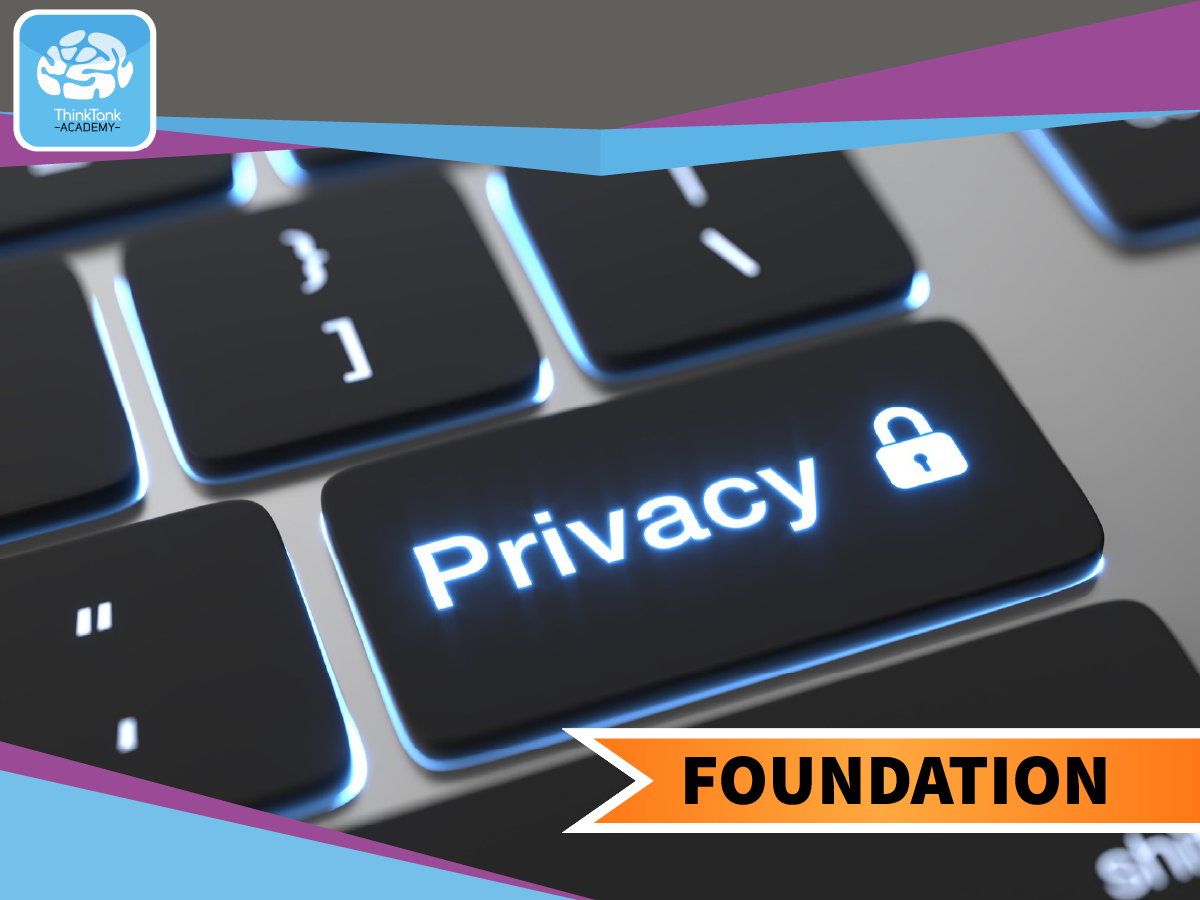


GDPR - Children's Care - Foundation Level
Course Overview This course defines what GDPR is, who it effects and how it affects those who work in the children’s care sector. It explains how to meet GDPR requirements and the rights of an individual over their data. The programme benefits from narrative scenarios and activities with ongoing assessment making it engaging and interactive. This course can be completed via the website, on PC, laptop etc. For mobile phones it is recommended to use the app for IOS or Android devices. Aims & Objectives Improve your understanding of General Data Protection Regulation (GDPR) Explain the history of GDPR Identify different roles within GDPR Identify the basic rights of an individual Describe GDPR special categories Improve your understanding of GDPR principles Course Audience Health Care Workers, Social Care Workers, Nursing staff, Day Care/Centre workers, Home Care Staff, Agency staff.
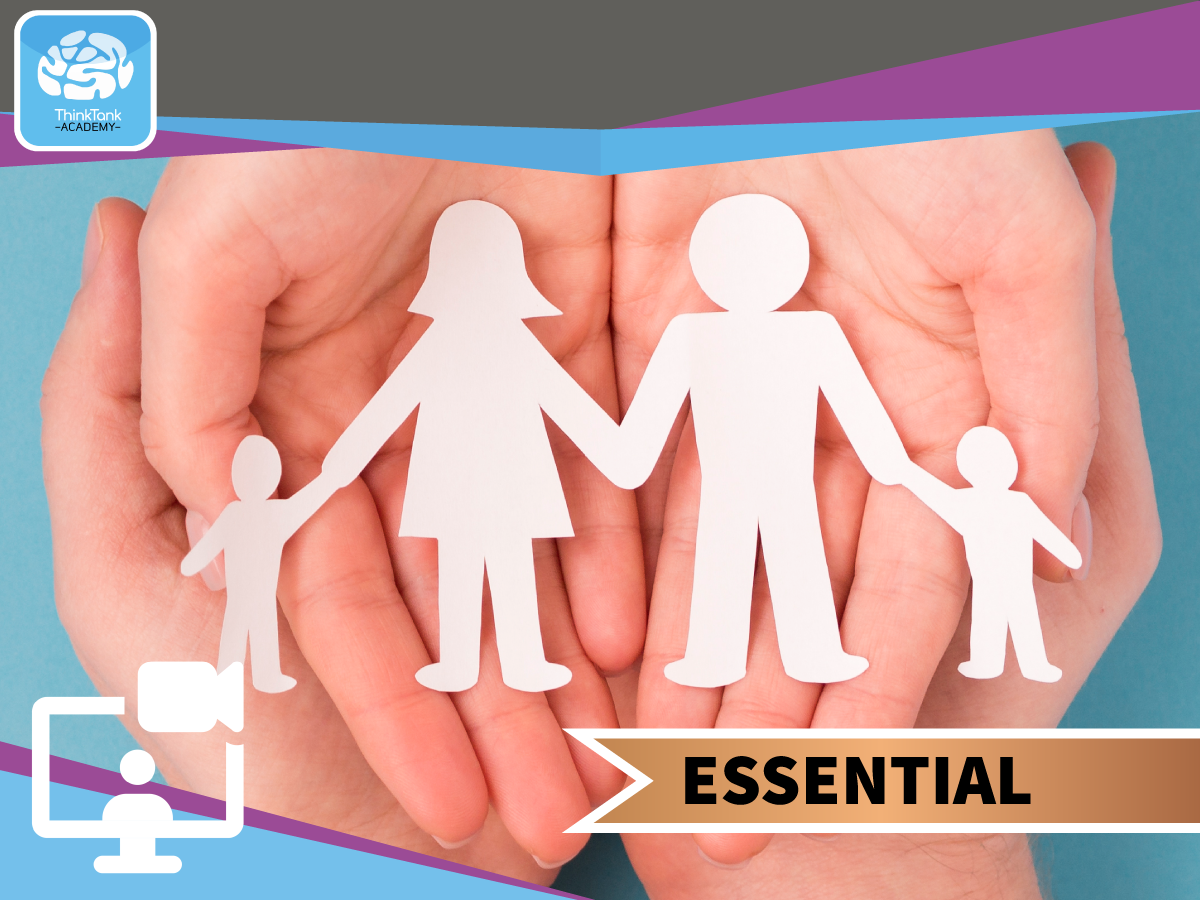


Safeguarding Children - Children's Care - Essential Level
Course Overview This course provides progression from the Safeguarding Children Foundation Level Online course. This is a training session for people working with children and young people. Learners will be encouraged to think about their responsibilities in safeguarding, the process to follow when allegations and disclosures are made and how to respond to poor practice. The course features a range of group work, activities and discussions to enhance learner skill development. This training session can be accessed via a link and is accessible from a range of devices including IOS and Android platforms. This course offers a blended learning approach including a short scenario, a workbook, infographics and a classroom style training session. Aims & Objectives Understanding what Safeguarding means in relation to Children Identify why children are vulnerable and what the signs and indicators are Understand how to respond and record and what needs to be reported Identify what poor practice and what unsafe practice looks like Understand how to whistle blow and what this means Introduce the Complaints Procedure and policies in relation to this Course Audience Health Care Workers, Social Care Workers, Support Centre Practitioners, Youth Workers, Children’s Support Worker, Nursing Staff, Residential Care Staff, Teachers, Psychologists and Assistants, Nursery Workers



Safeguarding Children - Children's Care - Essential Level
Course Overview This course provides progression from the Safeguarding Children Foundation Level Online course. This is a training session for people working with children and young people. Learners will be encouraged to think about their responsibilities in safeguarding, the process to follow when allegations and disclosures are made and how to respond to poor practice. The course features a range of group work, activities and discussions to enhance learner skill development. This training session can be accessed via a link and is accessible from a range of devices including IOS and Android platforms. This course offers a blended learning approach including a short scenario, a workbook, infographics and a classroom style training session. Aims & Objectives Understanding what Safeguarding means in relation to Children Identify why children are vulnerable and what the signs and indicators are Understand how to respond and record and what needs to be reported Identify what poor practice and what unsafe practice looks like Understand how to whistle blow and what this means Introduce the Complaints Procedure and policies in relation to this Course Audience Health Care Workers, Social Care Workers, Support Centre Practitioners, Youth Workers, Children’s Support Worker, Nursing Staff, Residential Care Staff, Teachers, Psychologists and Assistants, Nursery Workers
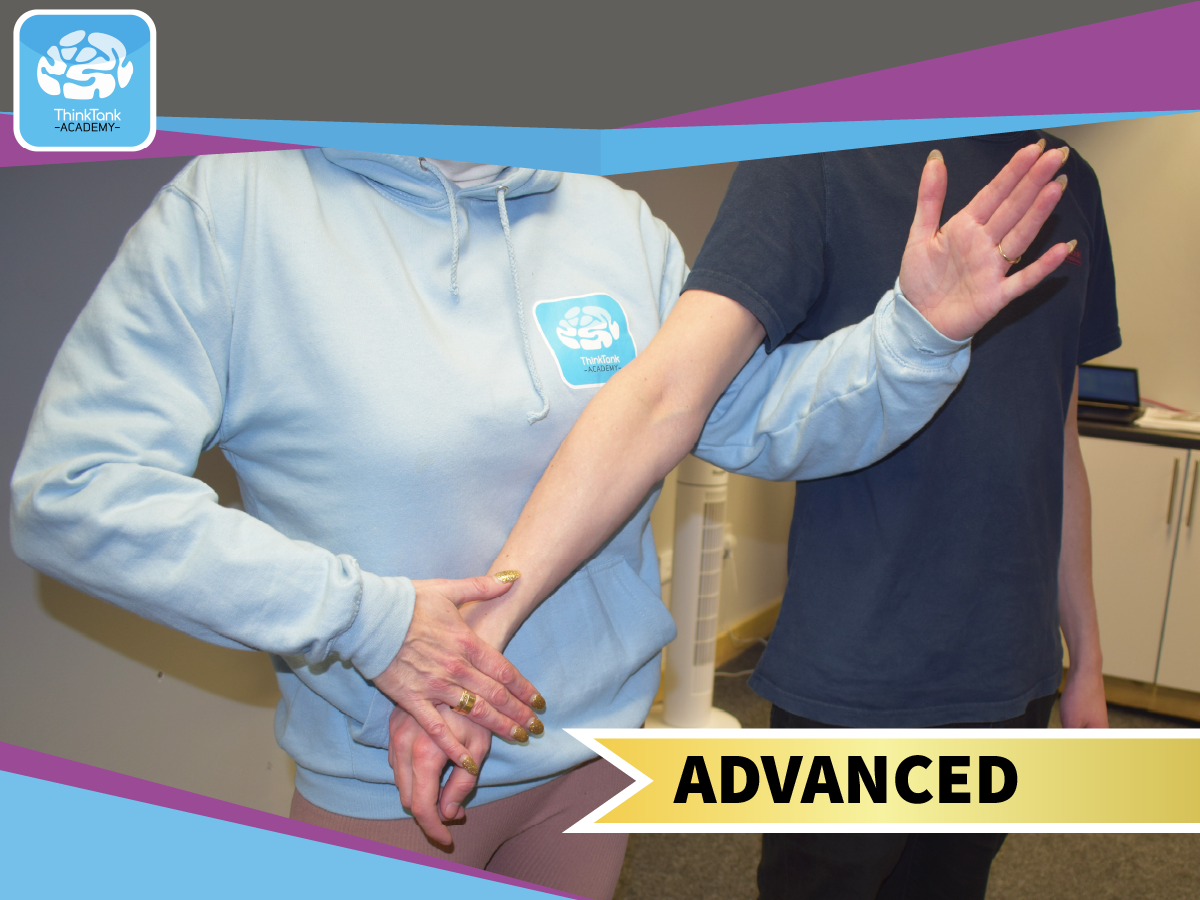

T.A.N.K. Positive Behaviour Support and Physical Intervention - Children's Care - Advanced Level
T.A.N.K. Positive Behaviour Support and Physical Intervention - Children's Care - Advanced Level THINK – ASSESS – NURTURE – KEEP CONTROL Course Overview T.A.N.K. is two-day, classroom-based training programme, designed specifically to help people working with children and vulnerable adults, who can often display challenging behaviour whilst in crisis. T.A.N.K. focuses on developing an understanding of how this behaviour can present itself in the care environment. It provides both theoretical and practical skills to help delegates respond positively employing strategies and interventions that can safely de-escalate situation, minimising the risk to themselves and young person. Delegates are supported to analyse different behaviours, dynamically risk manage situations, considering strategies and interventions to safely manage behaviour. Delegates will analyse and reflect on relationship between trauma attachment, mood, and behaviour leading to long-term improvement. The course features group work, practical activities, and discussion to enhance skills development. Our highly experienced Trainers are passionately dedicated to reducing the use of physical restraints, and although the use of restraints and physical intervention are included, this is as a last resort, only using these when all other strategies have proved unsuccessful. Aims and Objectives Interventions which impact positively on the delegate and the people they support Demonstrate how to positively reinforce good behaviour Reflect on positive and negative consequences of behaviour Provide a toolkit that delegates can use to provide safe and meaningful intervention Introduce the concept of social reinforcement and how this can work in care and support environments Course Audience Residential Care Workers, Health Care Workers, Social Care Workers, Children’s Centre Practitioners, Youth Workers, Teachers and Early Years Practitioners
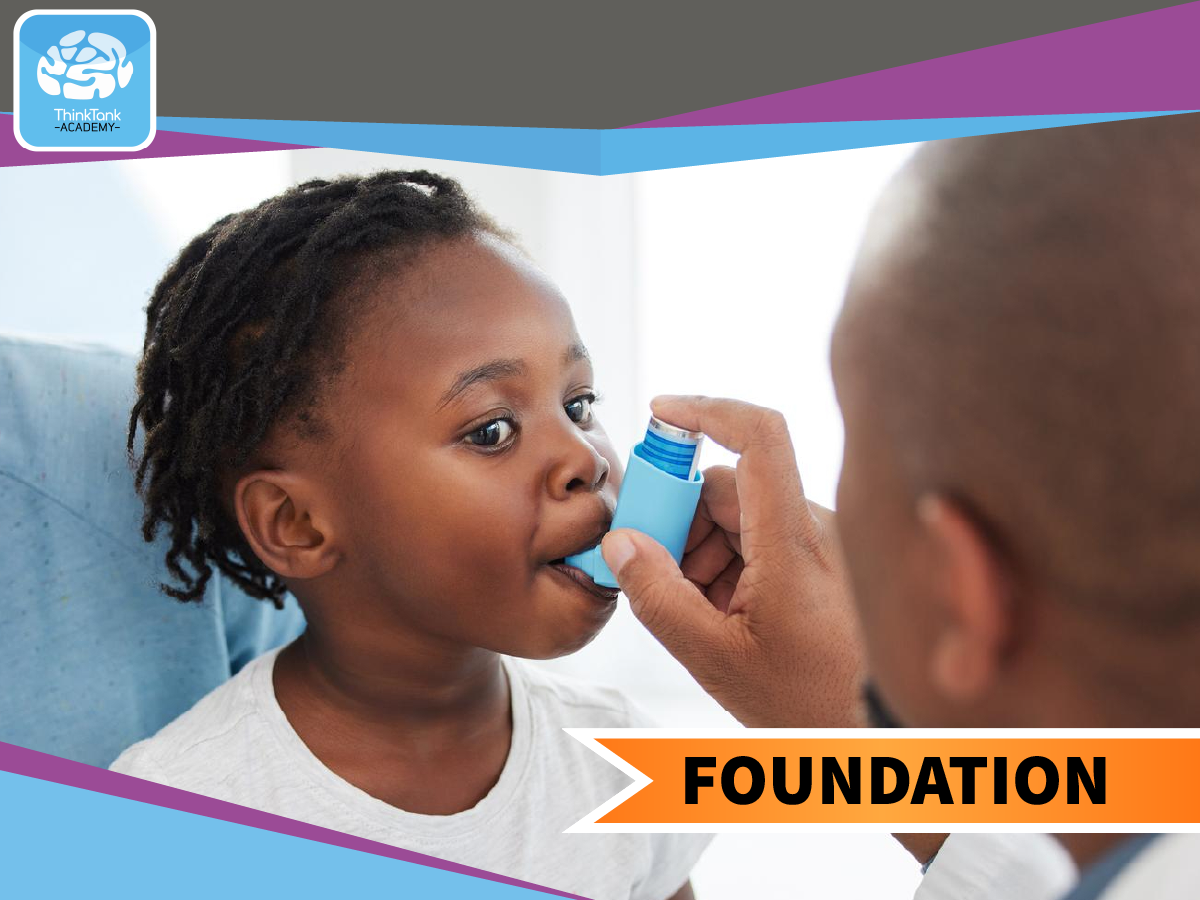


Administration of Medication for Looked After Children - Children's Care - Foundation Level
Course Overview This Administration of Medication training has been written for adults that work in the care industry with Children and Young People. The course raises awareness and gives an insight into the legislation that relates to Medication Administration and the safe handling of medications. The 7 rights of Medication Administration are discussed in depth to embed good practice within the workplace. Record keeping and the importance of this is highlighted, along with templates of two different types of MAR charts, the details that are on a MAR chart and why they are there. The importance of checking labels and medication leaflets and why an individual should have knowledge of what the medication is/does before they are administering it. Information around the Storing and disposing of medication to ensure health and safety guidelines can be adhered to is included in the course. Allergies and adverse reactions are incorporated along with the responsibility of support staff should there be concerns about a potential reaction, along with the importance of supporting individuals with self-administration. The programme benefits from animated scenes and activities with ongoing assessment making it engaging and interactive. This course can be completed via the website, on PC, laptop etc. For mobile phones it is recommended to use the app for IOS or Android devices. Aims & Objectives Safe handling of medication The 7 R’s Different types of medication Routes into the body Record keeping Storing and disposing of medication How to handle errors Allergies/Adverse reactions Self-administration Course Audience Health Care Workers, Social Care Workers, Care and Support Centre Practitioners, Support Workers, and Nursing Staff who work with Children.


Fire Safety Awareness - Children's Care - Foundation Level
Course Overview This course raises awareness around the causes of fire, the associated dangers, and the prevention of fires. Evacuation procedure, the use of safety equipment and policy are also covered. The programme benefits from narrative scenarios and activities with ongoing assessment making it engaging and interactive. This course can be completed via the website, on PC, laptop etc. For mobile phones it is recommended to use the app for IOS or Android devices. Aims & Objectives Improve awareness of the common causes of fire Give you an understanding of appropriate actions to take in the event of a fire Enable you to identify and remove fire hazards Raise your awareness of fire safety equipment and procedures Course Audience Health Care Workers, Social Care Workers, Children’s Centre Practitioners, Youth Workers, Education Workers



First Aid Awareness - Children's Care - Foundation Level
Course Overview This course introduces basic first aid principles in children’s care, what to do in a variety of emergency situations, how to treat different injuries and where to get help. The programme benefits from narrative scenarios and activities with ongoing assessment making it engaging and interactive. This training session can be accessed via a link and is accessible from a range of devices including IOS and Android platforms. Aims & Objectives Introduce you to the three principles of first aid Explain what a primary survey is Help you recognise the importance of communication Give details of CPR and the recovery position Identify a variety of first aid issues Give information on how to manage different situations Describe the contents of a first aid kit Course Audience This is a cross sector course and will benefit all professional’s, frontline workers and leaders working with children and young people.


Professional Boundaries - Children's Care - Foundation Level
Course Overview This course defines professional boundaries and how they apply to the children’s care sector, discusses different scenarios staff may come across, explains what happens when boundaries are broken and how to identify broken boundaries with others. The programme benefits from narrative scenarios and activities with ongoing assessment making it engaging and interactive. This course can be completed via the website, on PC, laptop etc. For mobile phones it is recommended to use the app for IOS or Android devices. Aims & objectives Explain what professional boundaries are and their importance Discuss why boundaries are broken Provide tips on adhering professional boundaries Encourage learners to self-reflect Describe processes to follow when boundaries are crossed Course Audience Health Care Workers, Social Care Workers, Nursing staff, Day Care/Centre workers, Home Care Staff, Agency staff.



Equality and Diversity - Children's Care - Foundation Level
Course Overview This course raises awareness of discrimination in and out of the workplace. The learner will be supported to understand forms of discrimination and how to respond to different types of discrimination. Advice and practical competency tips will be provided to the learner to help them create an inclusive culture within the workplace and how to promote different diversity needs within the workplace. The programme benefits from narrative scenarios and activities with ongoing assessment making it engaging and interactive. This course can be completed via the website, on PC, laptop etc. For mobile phones it is recommended to use the app for IOS or Android devices. Aims & Objectives Define the terms Equality and Diversity Provide an overview of legislation relating to Equality and Diversity Explain how legislation is implemented in the workplace Provide examples of how Equality and Diversity can be promoted Highlight the importance of dealing with discrimination Understand the importance of prevention Course Audience Health Care Workers, Social Care Workers, Children’s Centre Practitioners, Youth Workers, Education Workers



Missing From Care - Children's Care - Foundation Level
Course Overview The course raises awareness of the risk of Children or Young People going missing from care and provides information that the learner can use to help them respond appropriately should a Child or Young Person in their care go missing. It also highlights their important role in prevention. The programme benefits from narrative scenarios and activities with ongoing assessment making it engaging and interactive. This course can be completed via the website, on PC, laptop etc. For mobile phones it is recommended to use the app for IOS or Android devices. Aims & Objectives Explain the difference between the terms ‘missing from care’ and ‘away from placement without authorisation’ Identify possible reasons for going missing from care Identify the risks of going missing Identify signs that could indicate a child may go missing Identify factors that could trigger a missing episode Explain your role before, during and after a missing incident Course Audience Residential Care Worker, Health Care Workers, Social Care Workers, Children’s Centre Practitioners
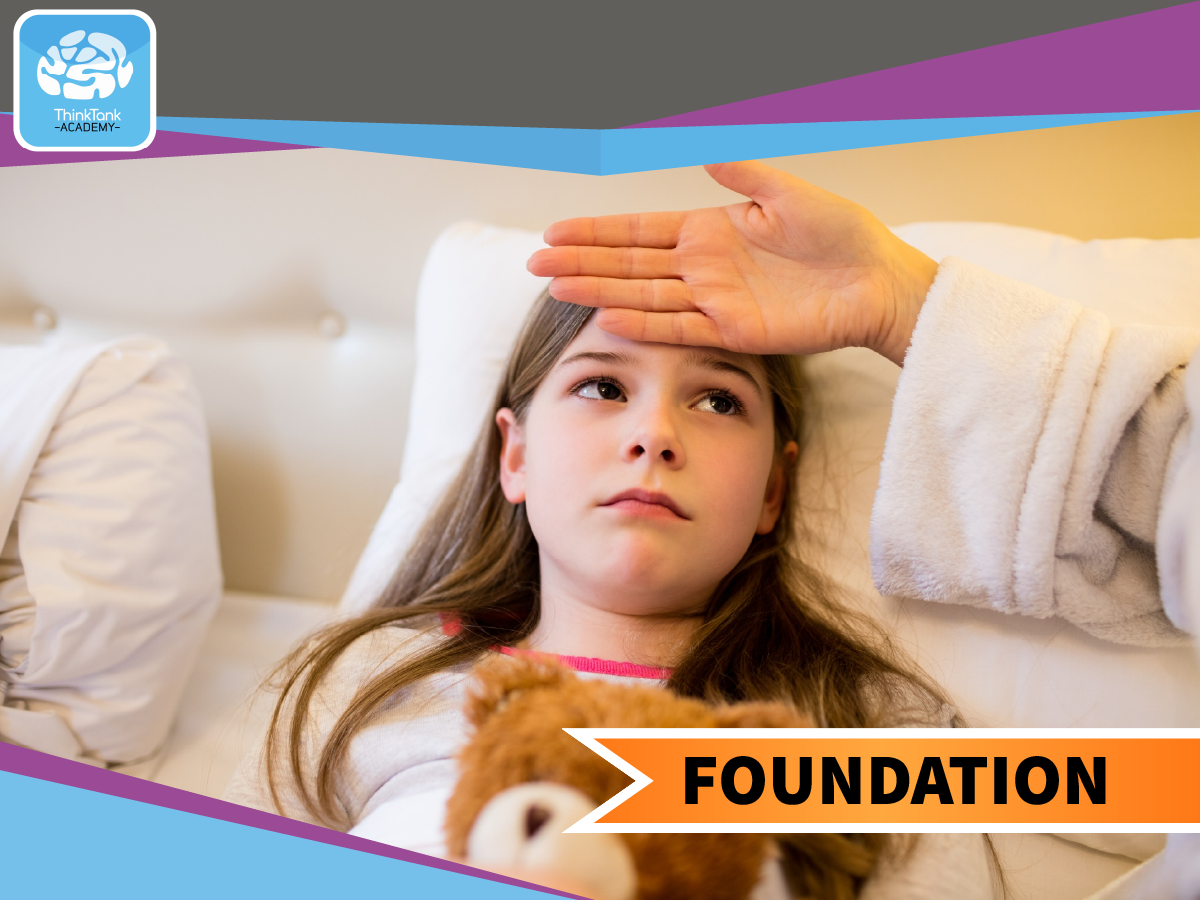

Introduction to Infection Control - Children's Care - Foundation Level
Course Overview This course raises awareness of Infection Control and provides awareness of types of infection, routes of transmission and measures to limit the spread of infection in children’s care. The programme benefits from an animated scenes and activities with ongoing assessment making it engaging and interactive. This course can be completed via the website, on PC, laptop etc. For mobile phones it is recommended to use the app for IOS or Android devices. Aims & Objectives Provide background information on infection control and the importance of public health Discuss legislation and policy relating to infection control Highlight the importance of risk assessment and management in infection control Includes the chain of infection and how to break it Enable learners to describe the types of infections, disease, routes of transmission and the principles of infection Includes infection control measures related directly to children and vulnerable people and the responsibilities of staff and managers Course Audience This is a cross sector course and will benefit all professional’s, frontline workers and leaders working with children and young people.
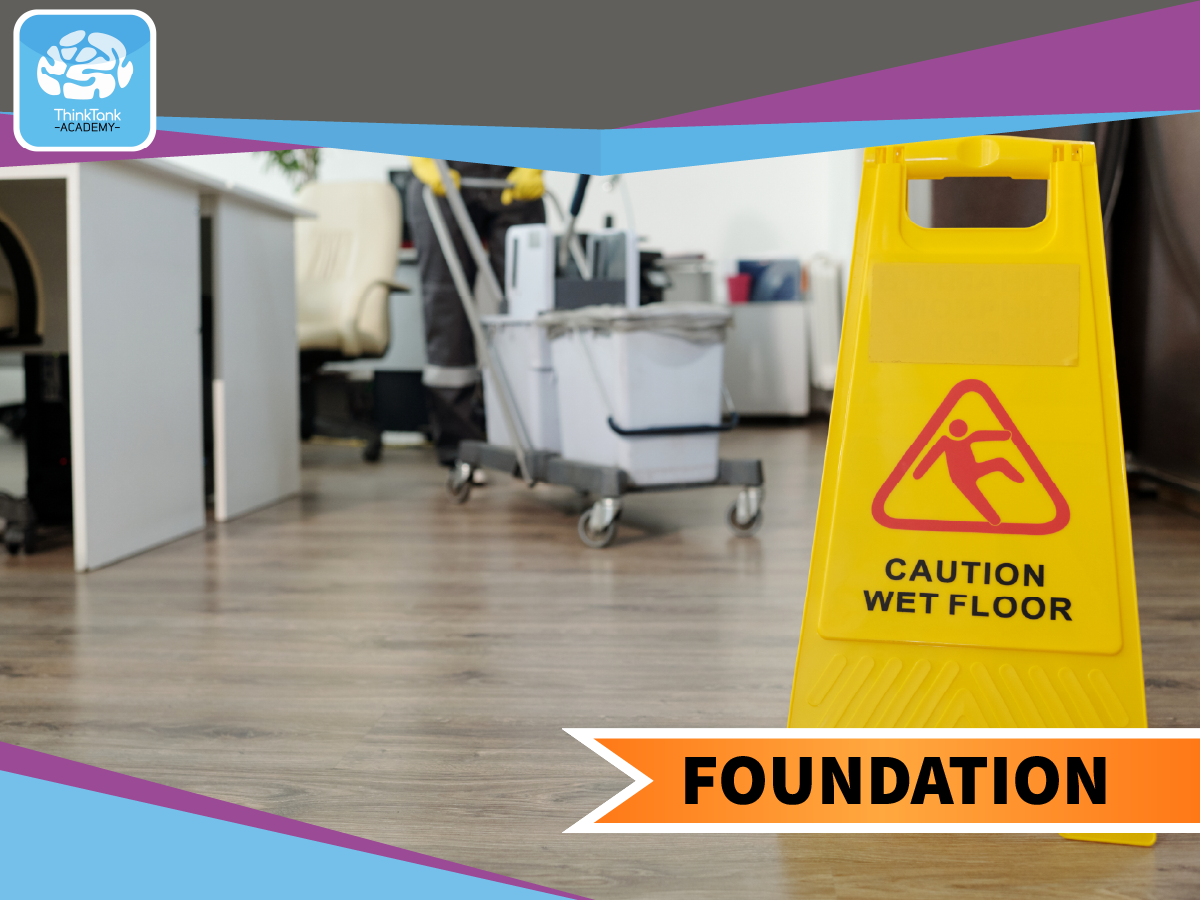

Health and Safety - Adult Care - Foundation Level
Course Overview This course raises awareness of health and safety in the workplace relative to the adult’s care settings. It covers the legislation in place, hazard awareness and risk assessment and prevention of harm. The programme benefits from narrative scenarios and activities with ongoing assessment making it engaging and interactive. This course can be completed via the website, on PC, laptop etc. For mobile phones it is recommended to use the app for IOS or Android devices. Aims & Objectives Give you an understanding of what health and safety means to everyone Raise your awareness of the difference between hazard and risk Help you to identify hazards in the home Enable you to make necessary changes in day to day housekeeping to reduce risk Course Audience Adult Health Care Workers, Social Care Workers, Nursing staff, Adult Day Care/Centre workers, Home Care Staff, Agency staff.



GDPR - Children's Care - Foundation Level
Course Overview This course defines what GDPR is, who it effects and how it affects those who work in the children’s care sector. It explains how to meet GDPR requirements and the rights of an individual over their data. The programme benefits from narrative scenarios and activities with ongoing assessment making it engaging and interactive. This course can be completed via the website, on PC, laptop etc. For mobile phones it is recommended to use the app for IOS or Android devices. Aims & Objectives Improve your understanding of General Data Protection Regulation (GDPR) Explain the history of GDPR Identify different roles within GDPR Identify the basic rights of an individual Describe GDPR special categories Improve your understanding of GDPR principles Course Audience Health Care Workers, Social Care Workers, Nursing staff, Day Care/Centre workers, Home Care Staff, Agency staff.



Food Safety Awareness - Children's Care - Foundation Level
Course Overview This course raises awareness of the dangers of food poisoning, storing and preparing food correctly and preventing contamination in children’s care. The programme benefits from narrative scenarios and activities with ongoing assessment making it engaging and interactive. This course can be completed via the website, on PC, laptop etc. For mobile phones it is recommended to use the app for IOS or Android devices. Aims & Objectives Help you to apply good food hygiene practices so that you are able to provide children and young people with food that is safe to eat and won’t make them ill Help you understand what you can do to prevent food poisoning, including the steps you can take Identify ways to maintain cleanliness Describe methods to prevent cross contamination Give you information on storing and heating food at the correct temperature Course Audience Health Care Workers, Social Care Workers, Nursing staff, Day Care/Centre workers, Home Care Staff, Agency staff
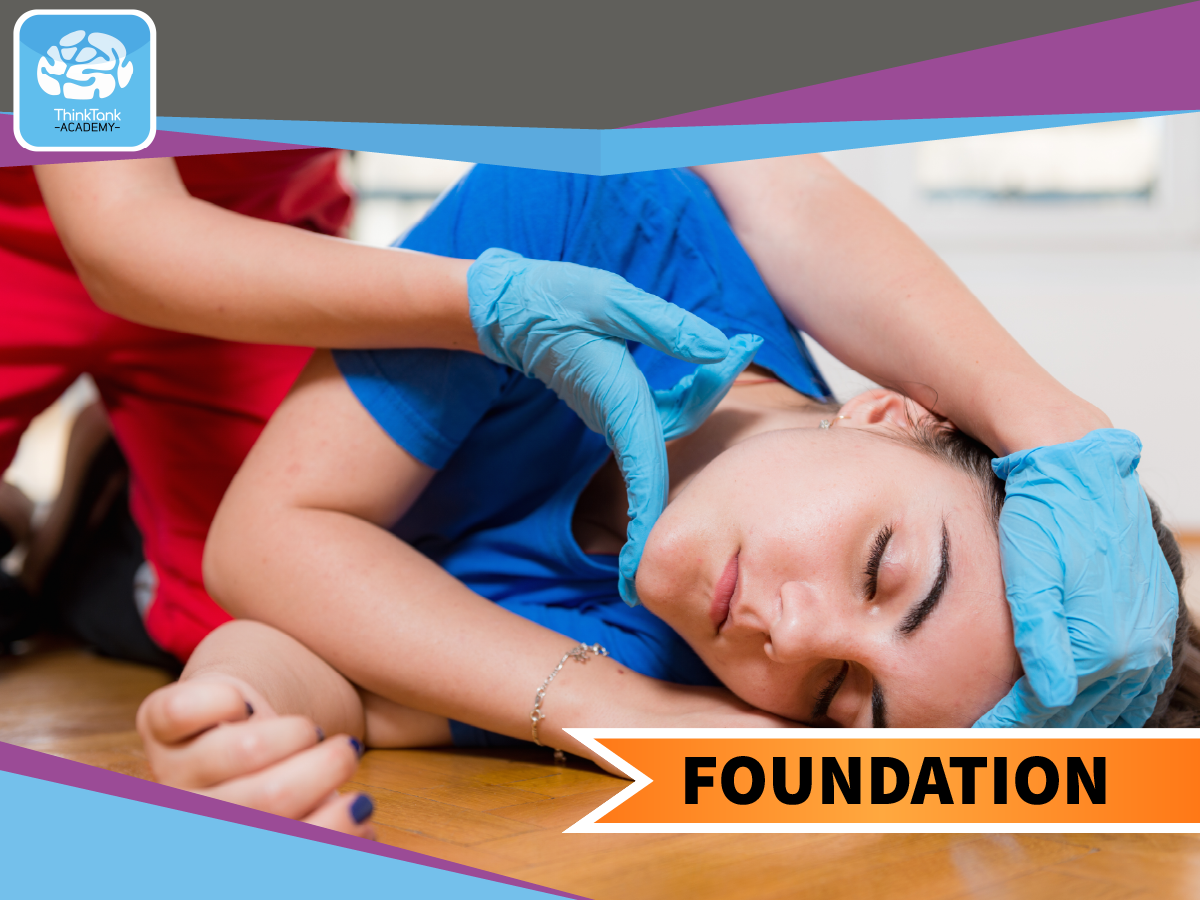

First Aid Awareness - Adult Care - Foundation Level
Course Overview This course introduces basic first aid principles, what to do in a variety of emergency situations, how to treat different injuries and where to get help. This course can be completed via the website, on PC, laptop etc. For mobile phones it is recommended to use the app for IOS or Android devices. Aims & Objectives Introduce you to the three principles of first aid Explain what a primary survey is Help you recognise the importance of communication Give details of CPR and the recovery position Identify a variety of first aid issues Give information on how to manage different situations Describe what a first aid kit contains Course Audience This is a cross sector course and will benefit all professional’s, frontline workers and leaders.
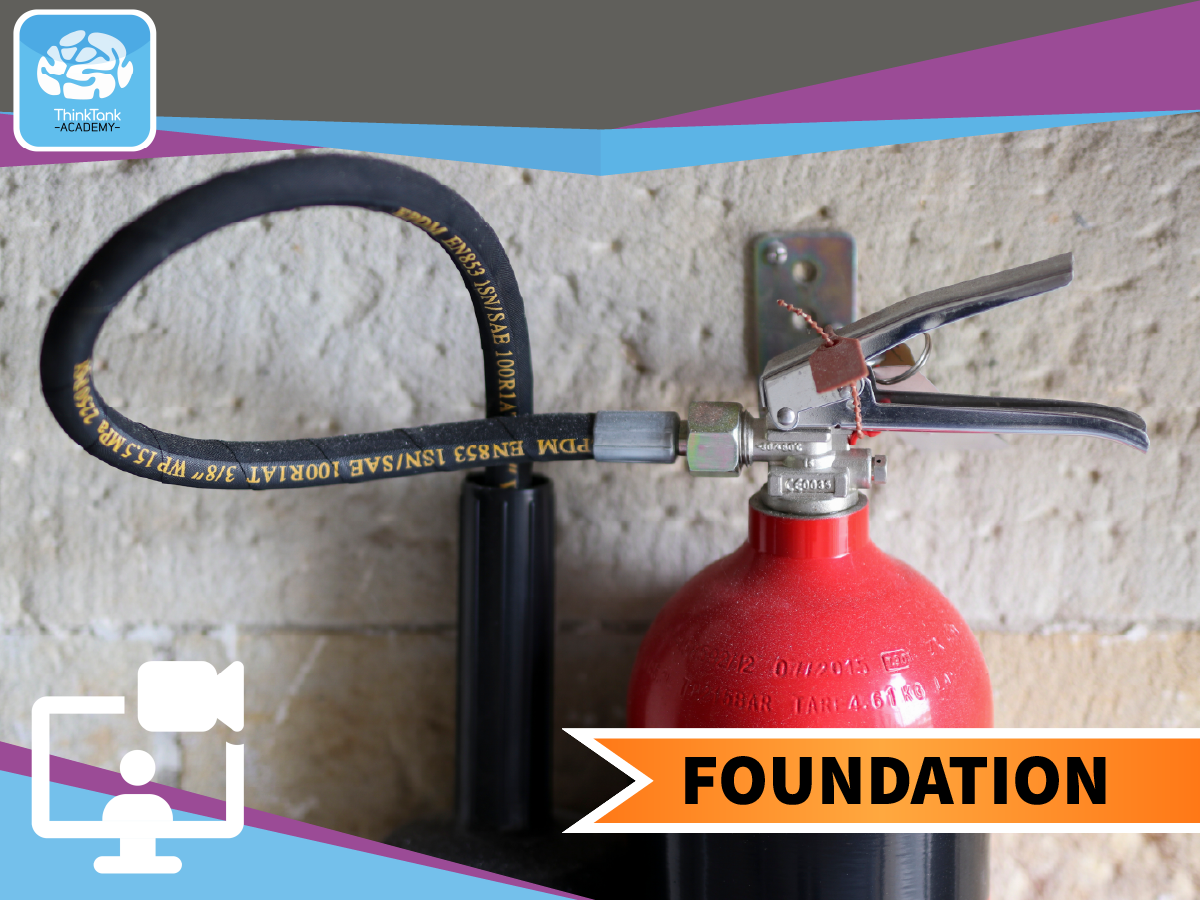

Fire Safety Awareness - Adult Care - Foundation Level
Course Overview This course raises awareness around the causes of fire, the dangers associated and how to prevent fires. Evacuation procedure, the use of safety equipment and policy are also covered. The programme benefits from narrative scenarios and activities with ongoing assessment making it engaging and interactive. This course can be completed via the website, on PC, laptop etc. For mobile phones it is recommended to use the app for IOS or Android devices. Aims & Objectives Improve awareness of the common causes of fire Give you an understanding of appropriate actions to take in the event of a fire Enable you to identify and remove fire hazards Raise your awareness of fire safety equipment and procedures Course Audience Health Care Workers, Social Care Workers, Centre Practitioners, Adult Education Workers
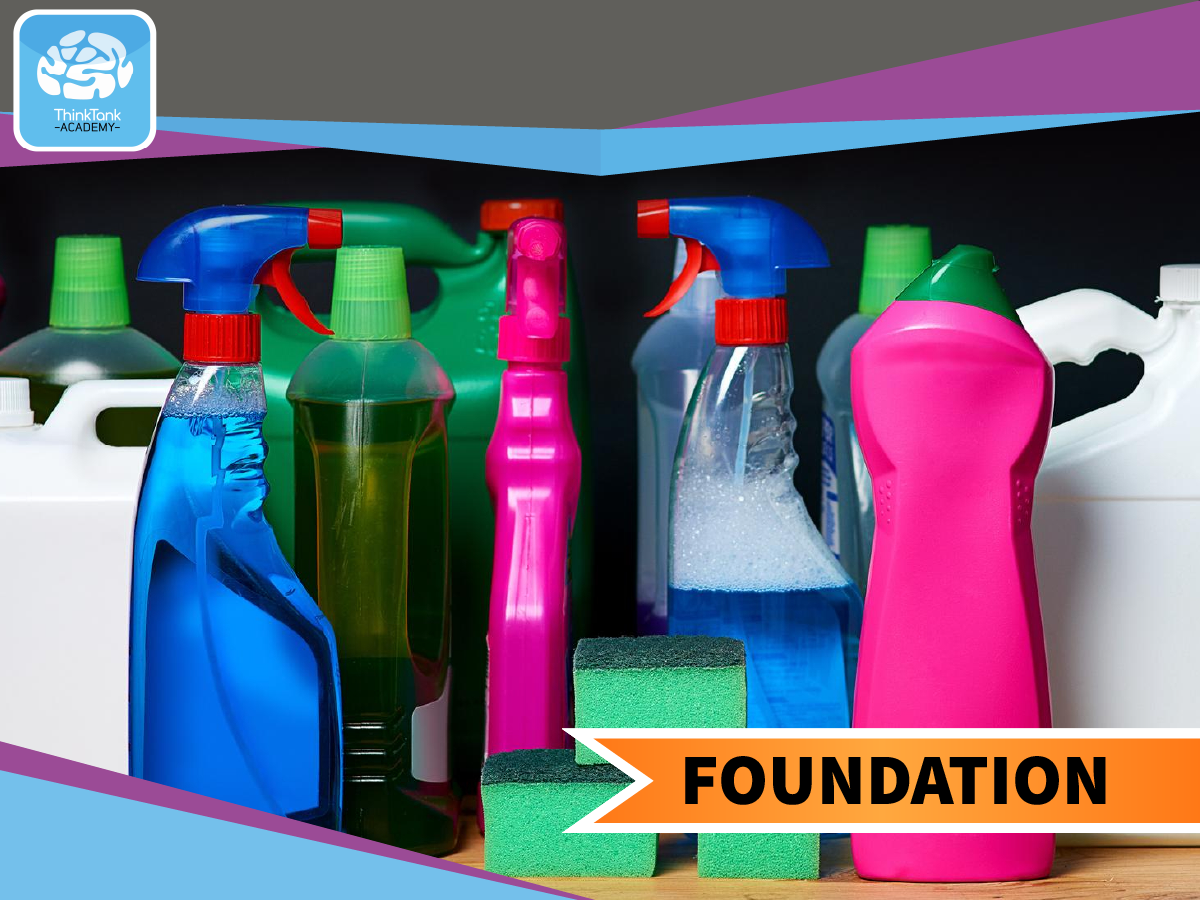

COSHH - Children's Care - Foundation level
Course Overview The course provides information on the types of substances the learner may encounter, how to identify them and any effects that may occur from their misuse. It covers situations the learner may have to deal with in the home and how to avoid them. The programme benefits from narrative scenarios and activities with ongoing assessment making it engaging and interactive. This course can be completed via the website, on PC, laptop etc. For mobile phones it is recommended to use the app for IOS or Android devices. Aims & Objectives Raise your awareness of COSHH and how it affects your workplace Help you identify hazardous substances Help you recognise the labels on household products Give you information to reduce dangers in the home Help your understanding of the need for safe storage Increase your awareness of how to deal with an accident involving hazardous substances Course Audience Health Care Workers, Social Care Workers, Nursing staff, Day Care/Centre workers, Home Care Staff, Agency staff.



Administration of Medication for Looked After Children - Children's Care - Foundation Level
Course Overview This Administration of Medication training has been written for adults that work in the care industry with Children and Young People. The course raises awareness and gives an insight into the legislation that relates to Medication Administration and the safe handling of medications. The 7 rights of Medication Administration are discussed in depth to embed good practice within the workplace. Record keeping and the importance of this is highlighted, along with templates of two different types of MAR charts, the details that are on a MAR chart and why they are there. The importance of checking labels and medication leaflets and why an individual should have knowledge of what the medication is/does before they are administering it. Information around the Storing and disposing of medication to ensure health and safety guidelines can be adhered to is included in the course. Allergies and adverse reactions are incorporated along with the responsibility of support staff should there be concerns about a potential reaction, along with the importance of supporting individuals with self-administration. The programme benefits from animated scenes and activities with ongoing assessment making it engaging and interactive. This course can be completed via the website, on PC, laptop etc. For mobile phones it is recommended to use the app for IOS or Android devices. Aims & Objectives Safe handling of medication The 7 R’s Different types of medication Routes into the body Record keeping Storing and disposing of medication How to handle errors Allergies/Adverse reactions Self-administration Course Audience Health Care Workers, Social Care Workers, Care and Support Centre Practitioners, Support Workers, and Nursing Staff who work with Children.


Communication Skills - Children's Care - Foundation Level
Course Overview This course raises awareness of the importance of good communication, why breakdowns in communication are detrimental to staff and Children and Young People, communication techniques and how to improve upon your skills. This programme benefits from narrative scenarios and activities with ongoing assessment making it engaging and interactive. This course can be completed via the website, on PC, laptop etc. For mobile phones it is recommended to use the app for IOS or Android devices. Aims & Objectives Outline core principals of communication Discuss the effects of good and poor communication Discuss the skills needed for effective communication Discuss the barriers to communication and how they can be reduced Outline how you can communicate effectively with your colleagues Course Audience Health Care Workers, Social Care Workers, Nursing staff, Day Care/Centre workers, Home Care Staff, Agency staff.
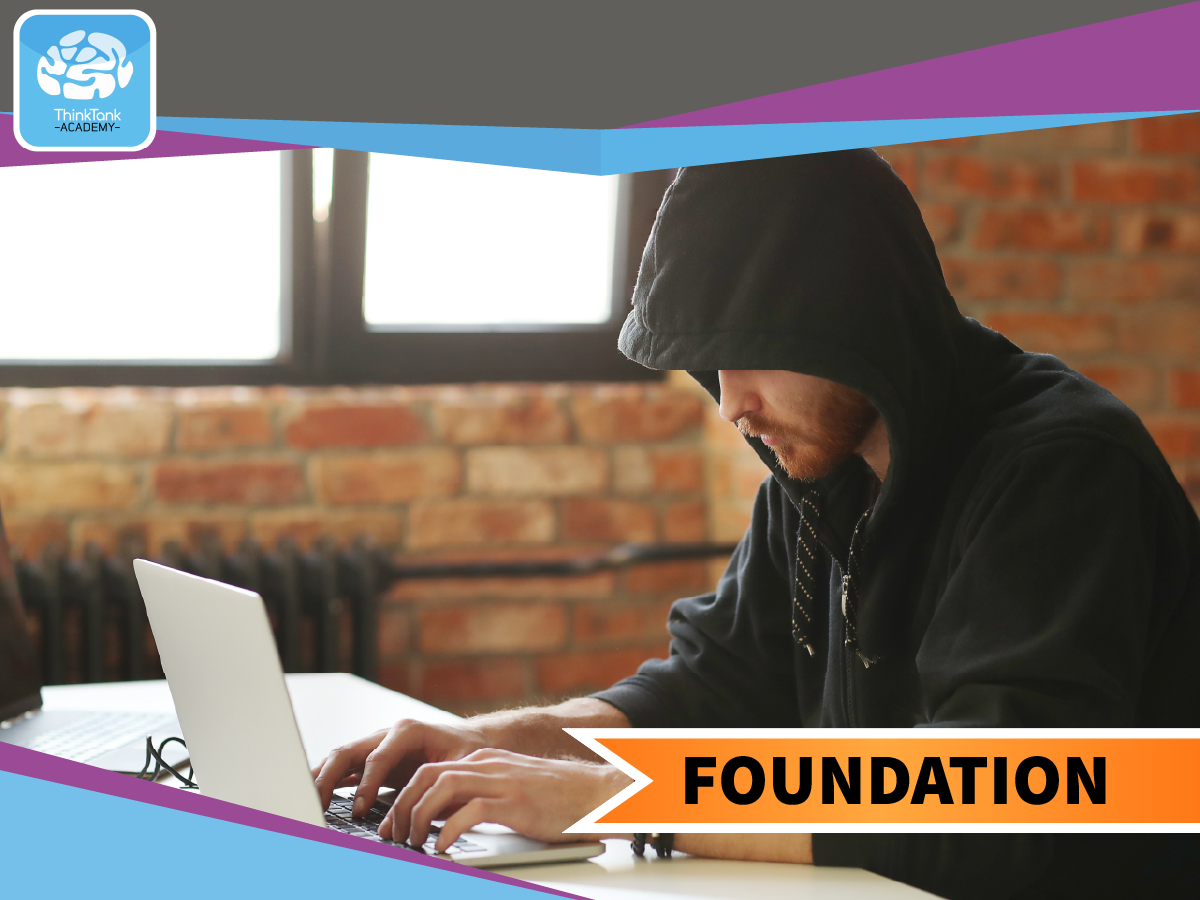

Radicalisation - Children's Care - Foundation Level
Course Overview This course will help learners to understand radicalisation, extremism and terrorism. To understand the government’s strategy to help stop terrorism, identify when a young person is at risk and help prevent them from being drawn into terrorism. The programme benefits from narrative scenarios and activities with ongoing assessment making it engaging and interactive. This course can be completed via the website, on PC, laptop etc. For mobile phones it is recommended to use the app for IOS or Android devices. Aims & Objectives Explain the difference between radicalisation, extremism and terrorism Help you identify a range of indicators of children and young people being drawn into radicalisation Help you recognise how children become radicalised Help you develop your role and help you facilitate change Improve your knowledge of the Prevent Strategy Course Audience Health Care Workers, Social Care Workers, Children’s Centre Practitioners, residential care staff, specialist health and education staff working with children, youth leaders and practitioners.
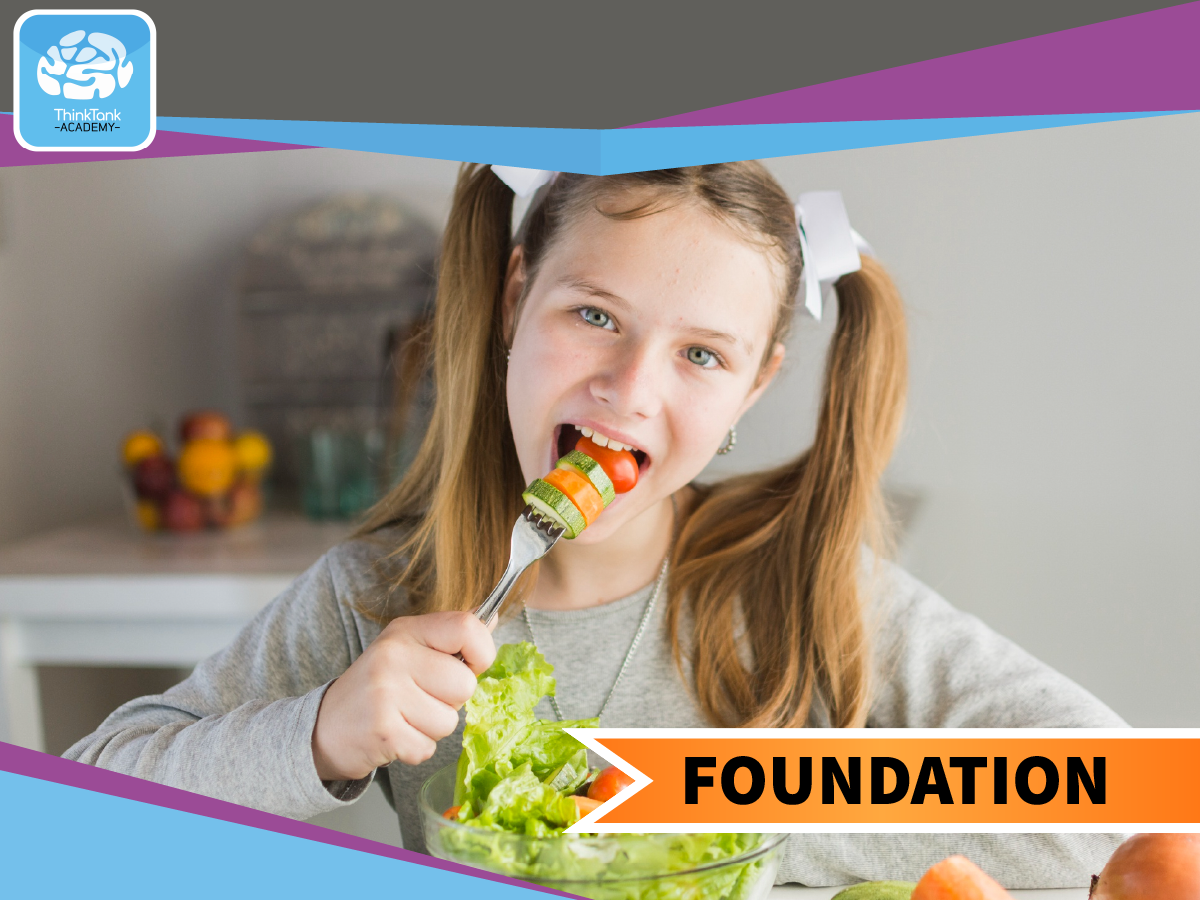

Healthy Eating - Children's Care - Foundation Level
Course Overview The course provides knowledge on food groups, physical activity and making healthy lifestyle choices as well as promoting and encouraging a healthy lifestyle in the home. The programme benefits from an animated scenes and activities with ongoing assessment making it engaging and interactive. This course can be completed via the website, on PC, laptop etc. For mobile phones it is recommended to use the app for IOS or Android devices. Aims & Objectives Identify important nutrients for children and young people Explain how the Eatwell Guide can be used to make healthy food choices Identify the main food groups in the Eatwell Guide and show the proportion that each group should contribute to the overall diet Provide practical tips for making healthy food choices Explain the importance of physical activity State how much and what types of physical activity are beneficial for children and young people Course Audience This course is aimed at residential care staff, specialist health and education staff working with children, youth leaders and practitioners.